
What Is CBG Oil?
If you’re looking for a comprehensive, natural solution to tackle inflammation and its debilitating effects, you’re in the right place. Welcome to the new era

Ashwagandha has potent antioxidant properties that contribute to stress-reducing, mood-lifting, and immune-boosting capabilities making it an incredibly powerful herb that has been used for centuries in ayurvedic medicine.
Ashwagandha has shown promise in several areas of health, from brain function to stress response. The compounds in ashwagandha can influence hormone production, neurotransmitter activity, and inflammatory responses, bringing about a sense of balance in the body.
This article will discuss every aspect of ashwagandha and how it can help you lead a healthier, more natural life.
Adaptogens are a group of natural substances that possess the remarkable ability to assist the body in adapting to stressors and maintaining balance. They work by modulating the body’s response to stress, both physical and mental, and promoting overall resilience.
These remarkable botanicals possess unique properties that help the body adapt to physical and mental stressors while promoting a sense of equilibrium and enhancing resilience.
Adaptogens, including Ashwagandha, offer a natural and holistic approach to managing stress, promoting balance, and enhancing overall well-being. Their unique properties help the body adapt to various stressors, support the stress response system, and promote homeostasis.
Incorporating adaptogens into our daily routines can be a valuable tool for maintaining optimal health.
Ashwagandha is often used as an adaptogen, a natural substance considered to help the body adapt to stress and to exert a normalizing effect upon bodily processes.
Its calming effects on the nervous system have been shown to reduce symptoms of stress and anxiety.
Many individuals find that regular use of ashwagandha can help them feel more balanced and less reactive to everyday stressors.
Ashwagandha has also been shown to improve cognitive health. It contains antioxidant properties that protect nerve cells from harmful free radicals.
Some studies show that it can enhance memory, attention, and cognitive function, making it a useful supplement for those seeking to improve mental performance.
Ashwagandha can also provide a boost to the immune system. Its ability to strengthen the immune system can enhance the functioning of immune cells, leading to better defense against illness and disease and reduced risk of infection.
The herb has been traditionally used to balance hormones, particularly in men. It can improve fertility in men by increasing sperm count and boosting testosterone production. It also has some benefits for women’s fertility as well by boosting hormone production.
Ashwagandha has anti-inflammatory properties that help alleviate pain and inflammation in conditions such as arthritis and other chronic illnesses.
Regulate Stress Response: Ashwagandha has been shown to decrease your cortisol levels, which can reduce stress.
Enhance Mood: Ashwagandha can improve your overall mood and increase energy.
Improve Physical Performance and Endurance: Because of its energy-giving properties, ashwagandha can improve your strength and physical performance. Even its name is derived from Sanskrit, meaning “power of a horse”
Immune Health: Ashwagandha can boost your immune system and improve your response to illness.
Hormonal Balance: Ashwagandha is able to improve your fertility and maintain hormone balance in both men and women.
Sleepiness: Although rare, some users reported getting tired when taking ashwagandha before bed
Upset Stomach: Some users reported an adjustment period to taking ashwagandha on an empty stomach as their bodies became used to it.
The ashwagandha dosage may vary depending on an individual’s specific needs and health conditions. It is generally recommended to start with a lower dose and gradually increase as needed.
Ashwagandha is available in various forms, including:
Capsules: This is the most bioavailable and easiest form of ashwagandha to use as it is made to be highly effective and soft on your stomach.
Powders: Ashwagandha powder can be purchased in bulk and put into drinks, such as coffee and tea.
Tinctures: Ashwagandha can be taken out of a tincture, although this is not very common.
Each form has its benefits, so choose the one that best fits your lifestyle and preferences.
When choosing an ashwagandha supplement, look for a trusted brand that assures quality and purity and provides third-party lab testing to ensure transparency in their products like this: https://usamedical.com/en/wp-content/uploads/2022/09/Ashwagandha-COA-Lot-ASH211231-2-7-2022.pdf
Lab testing is crucial to confirm the potency and purity of ashwagandha supplements. This process ensures that the product is free from contaminants like:
Always look for third-party lab tests from whomever you are purchasing ashwagandha from.
Ashwagandha, a versatile and powerful adaptogen, offers a wide range of health benefits, from stress reduction and cognitive enhancement to immune support and hormonal balance.
However, choosing a quality supplement before incorporating it into your health routine is essential. With careful usage and an understanding of its effects, ashwagandha can be a powerful tool for enhancing health and wellness.
Try ashwagandha today for yourself and feel the power of this ancient medicine!

In stock | Free shipping

In stock | Free shipping
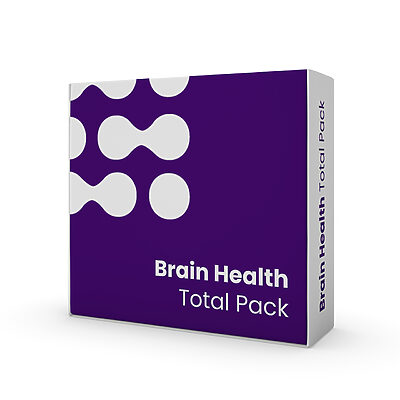
In stock | Free shipping

In stock | Free shipping
These statements have not been evaluated by the Food and Drug Administration. These products/services are not intended to diagnose, treat, cure, or prevent any disease.

If you’re looking for a comprehensive, natural solution to tackle inflammation and its debilitating effects, you’re in the right place. Welcome to the new era

The Invisible Enemy Within You wake up feeling groggy, your joints ache, and that old neck pain seems to have returned. No, it’s not just

CBG oil has been creating waves in the health and wellness industry, and for good reasons. But with any health trend, it’s crucial to separate

In stock | Free shipping
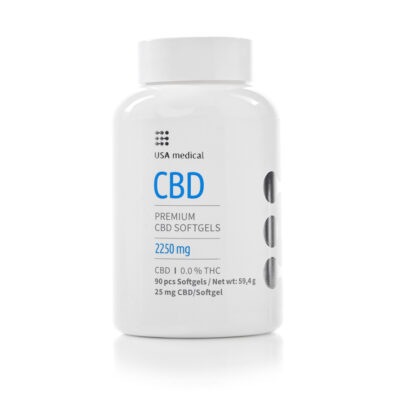
Not available
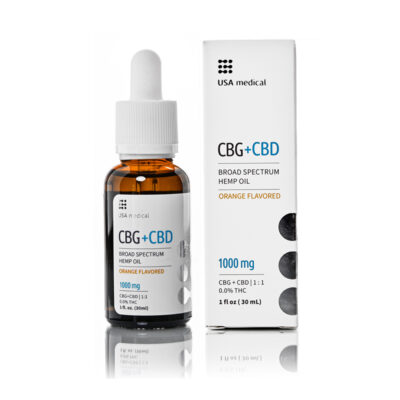
In stock | Free shipping
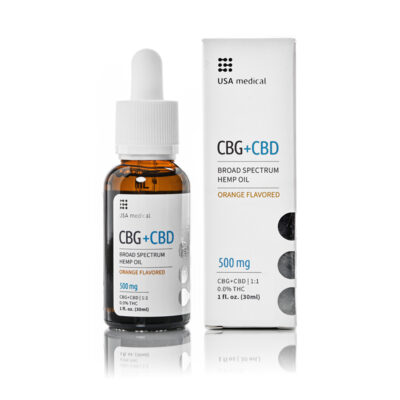
In stock | Free shipping
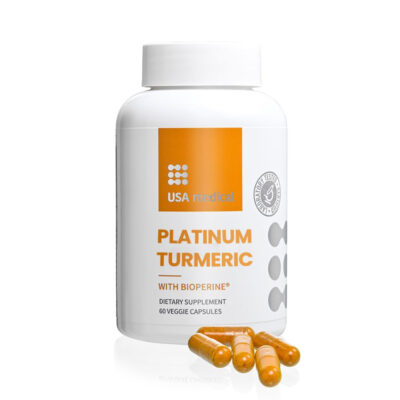
In stock | Free shipping

In stock | Free shipping

In stock | Free shipping

In stock | Free shipping

In stock | Free shipping

In stock | Free shipping

In stock | Free shipping

In stock | Free shipping
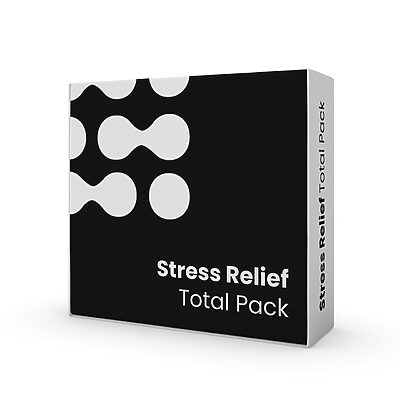
In stock | Free shipping

In stock | Free shipping
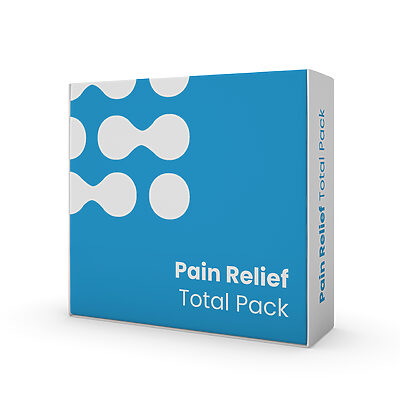
In stock | Free shipping